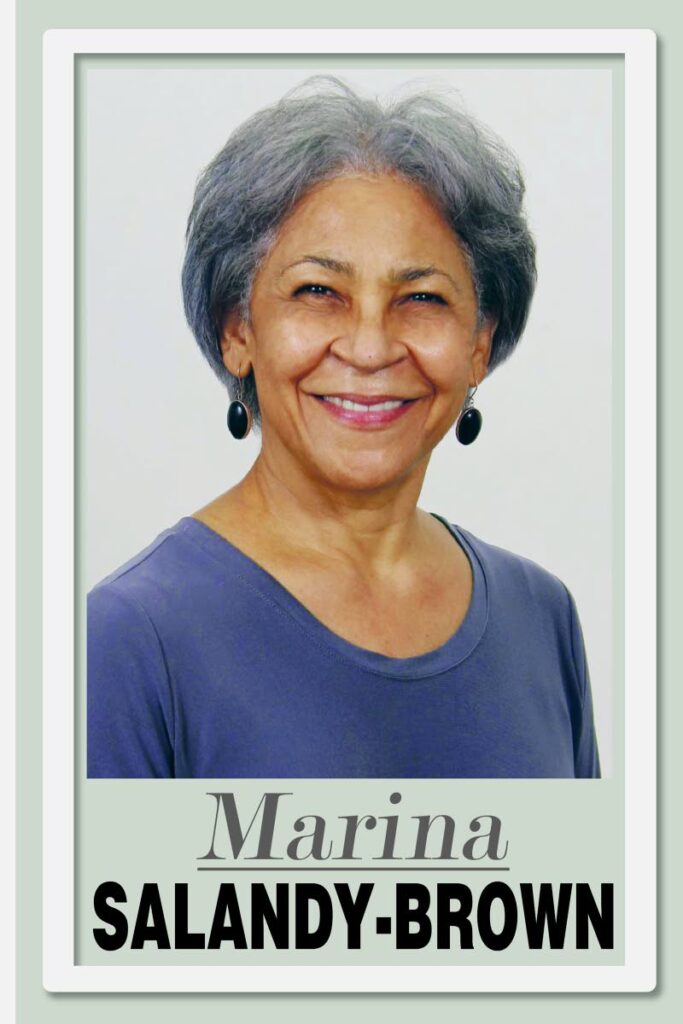Children for sale

One of the oft-repeated lines in the film Sound of Freedom is: “God’s children are not for sale.” The storyline, however, is that it is simply not true. This is borne out by the facts.
According to the Bureau of International Labor Affairs, as many as 1.2 million children are being trafficked every year, mostly to work on farms, in mines and at industrial factories, but many are bought for sex. Up to ten million children are trapped in modern forms of what is termed “child slavery.” They represent 27 per cent of trafficked people, and 66 per cent are girls (Save the Children, 2020).
Sound of Freedom is based on a true story (ie it is partly fiction) about a US federal agent, Tim Ballard, who is driven to rescue an eight-year-old Honduran boy from Latin American-US child traffickers, and then to find and save the boy's slightly older sister.
They have both been trafficked abroad, and she ends up in the deepest forests of Colombia, which requires Ballard to embark upon an extremely dangerous mission to rescue her. He is the father of about eight children, and with his wife’s blessing, he defies his boss, quits his job and travels into territory held by Colombian rebels and opposing criminal factions. He finds her living in unimaginable conditions, a labourer by day, a warlord’s concubine by night.
The setting is the sort of beautifully lush but scarily ominous tropical scenery seen in films such as Coppola’s dazzling Vietnam War epic Apocalypse Now, shot in the Philippines during that appallingly wasteful 1950-60s war. Based on Conrad’s Heart of Darkness, the unbalanced, rogue Captain Kurtz came to symbolise the madness of the US foreign and war policy of those times, just as Werner Herzog’s unforgettable 1972 epic, Aguirre, Wrath of God, tracked the gradual mental and physical self-destruction of a group of 16th-century Spanish explorers into unmapped, now Peruvian, territory in those equally ruthless and insane times.
Fast-forward to the 2000s. Sound of Freedom, though it has wonderful music and similarly luscious scenery, does not pretend to be the epic cine-account of modern human slavery. Honestly, it is not the greatest film, although it had a generous US$14.5 million budget. Fortunately, the stereotypical characters and the excessive, indulgent close-ups of an overawed, forever teary-eyed lead character cannot undermine the awfulness of the reality the film seeks to portray.
Sound of Freedom is, above all else, a campaigning film. As patrons slowly made their way out of the packed cinema, the lead actor urged us, in an odd post-credit message, to spread the word and encourage everyone to see the film. He explained that the film’s release was deliberately held back till July 2023 in order to maximise its distribution and raise awareness about child sex-trafficking.
The explanation runs counter to the conspiracy theory, which is spreading, that international traffickers have been trying to block the film’s screening globally.
The truth may be more mundane. The film was in production with 20th Century Fox when that studio was sold in 2019 to Disney, which now owns it. It is not surprising that the release of films in production would need rescheduling.
A most disturbing aspect of the film's story is the relative ease with which individuals can end up in the hands of traffickers. Prising a child from its usually poor parents is commonplace. Simple methods, like coercing parents with the promise of an opportunity to study, are the most popular.
Sound of Freedom features a seemingly true element in the appearance of a former Miss Colombia who recruits children as part of an international trafficking ring and is apprehended in a police raid. The real beauty queen is still in prison.
The children’s father delivers his beloved offspring to her for an audition, where several other children are present, but the room is empty when he returns to collect them. That trafficking network involved several countries in Central America and the US.
Such sophisticated rings exist globally, especially in the Asia-Pacific area, according to experts. Once the children, either lured from villages or vulnerable ones found in big cities, are taken, often abroad, they are sold for commercial sex or forced labour and are never seen again by their families. They receive no more education or any worthwhile training and their children are condemned to similar lives of poverty and disadvantage.
In 2020, approximately 168 million child labourers existed globally, about half of them doing “hazardous work” that endangers their physical, emotional and social development. It is a very disturbing reality that is hidden from most of us and apparently difficult for the authorities to curb.
Sound of Freedom was shown last week as a fundraiser for The Children's Ark, the charitable organisation that caters for the needs of marginalised and "at-risk" children in our society.
This week, the group PLOTT is showing it at a cinema in One Woodbrook Place in another fundraiser event, this time for the Blue Heart Campaign, which raises global awareness about human trafficking and its effects on society and people.

Comments
"Children for sale"